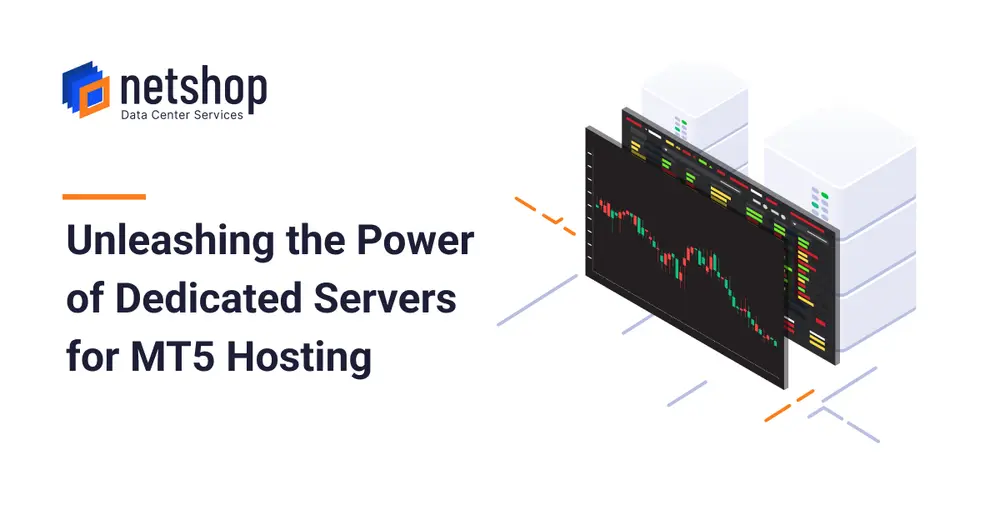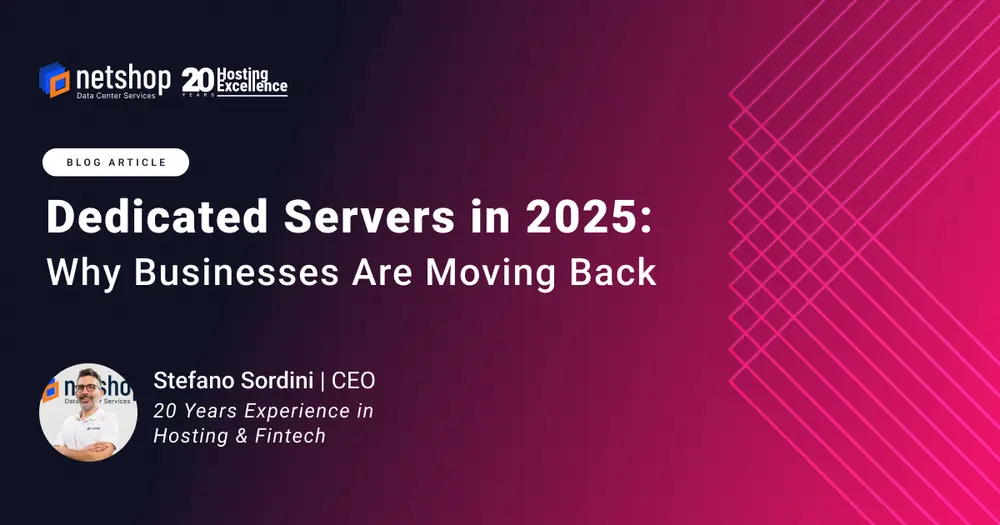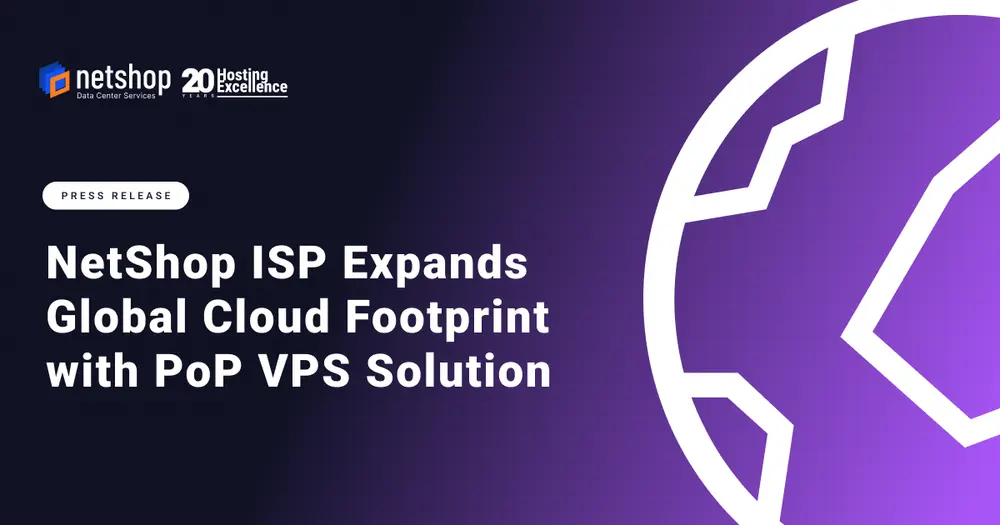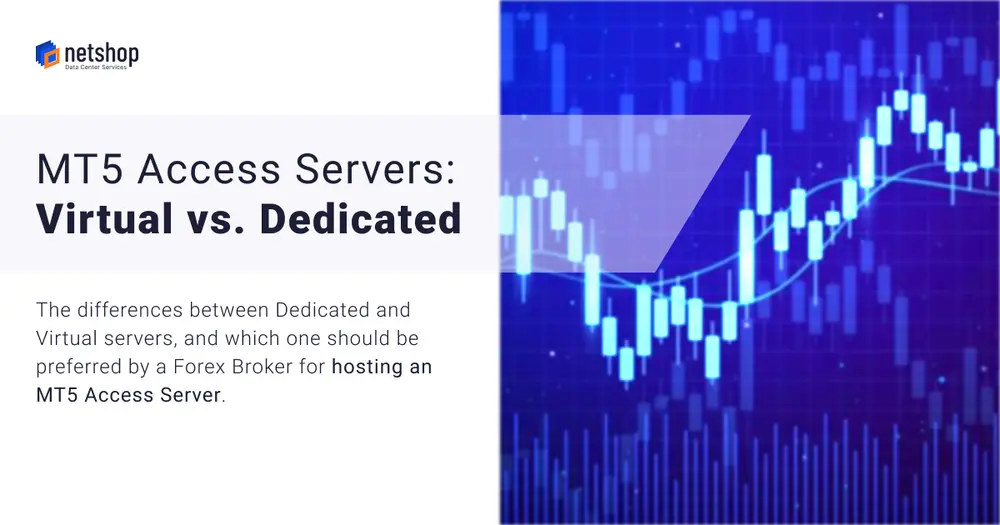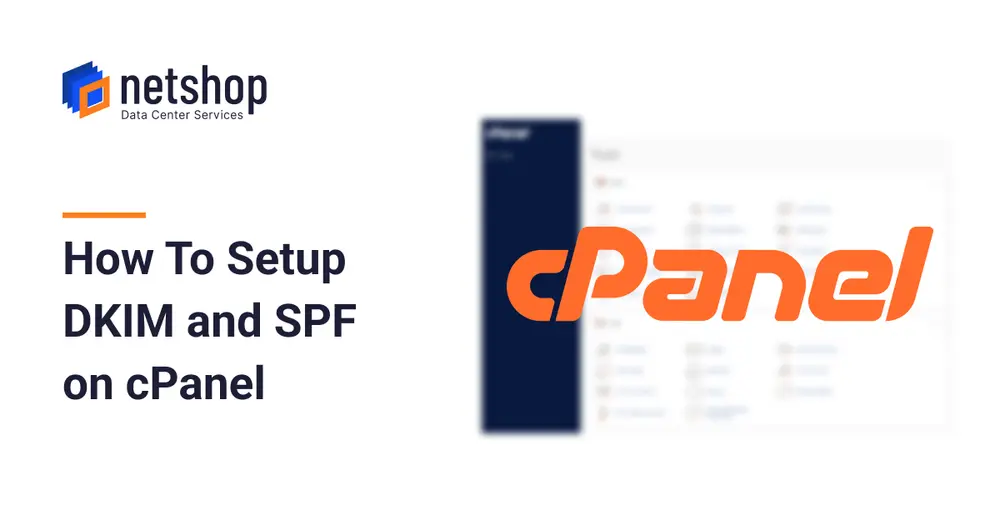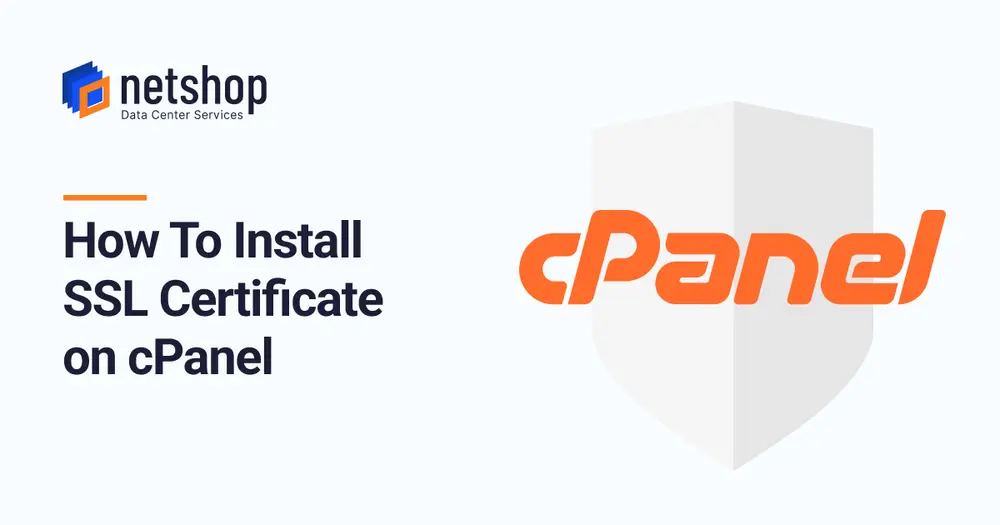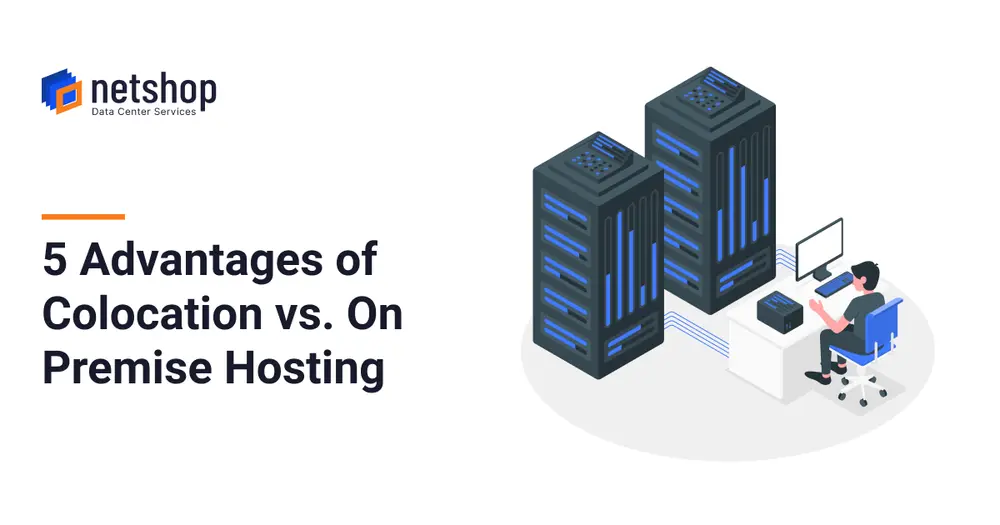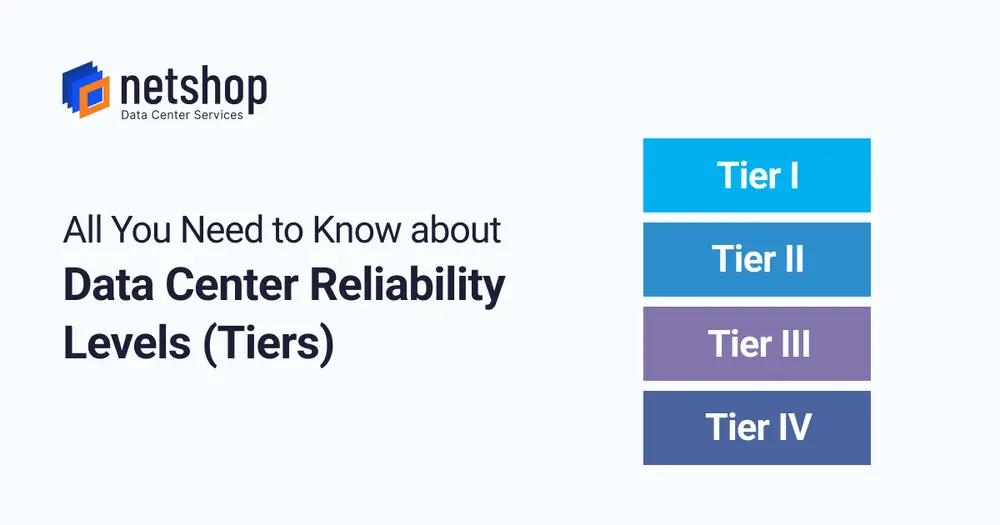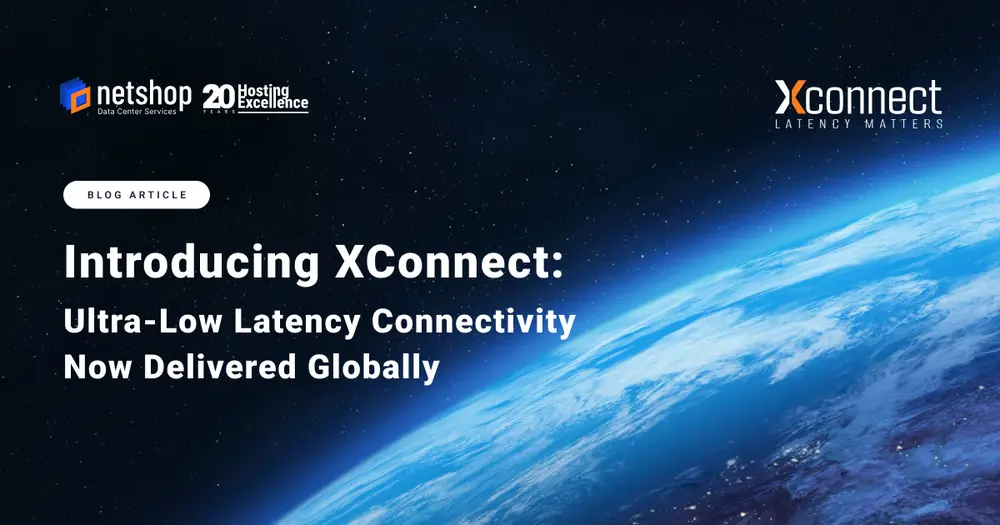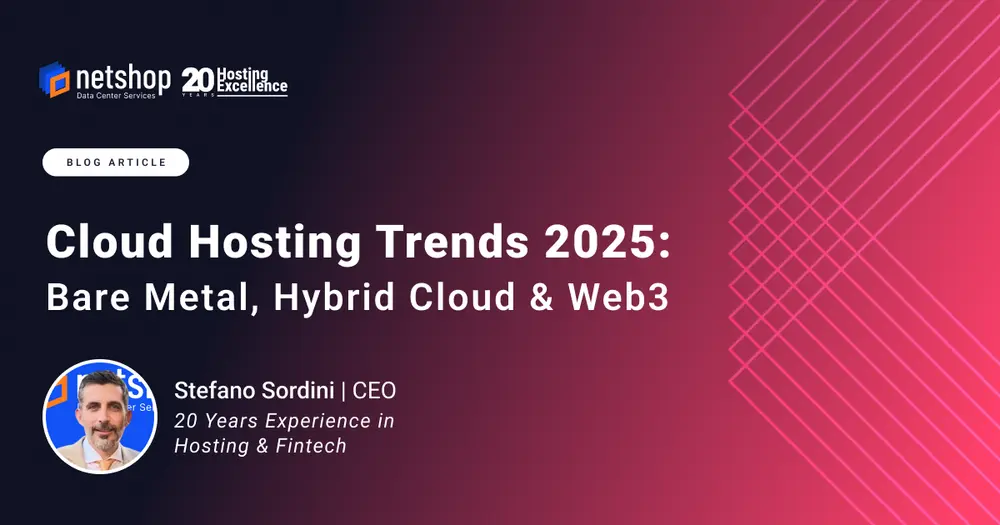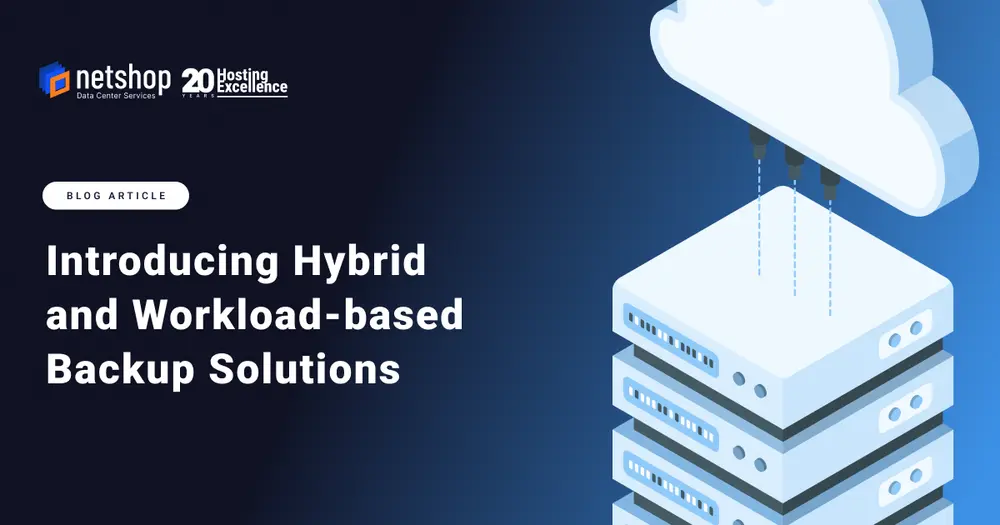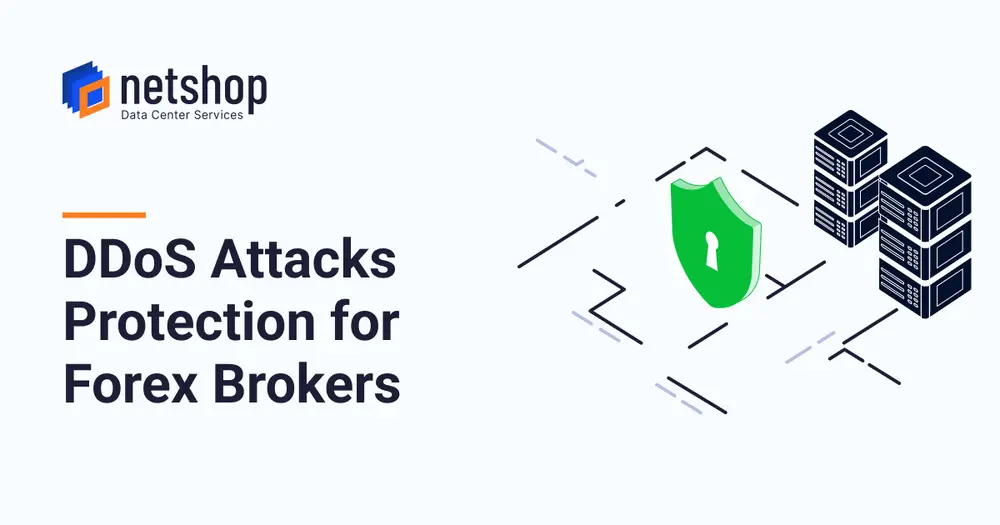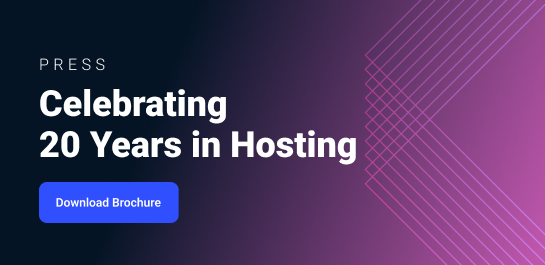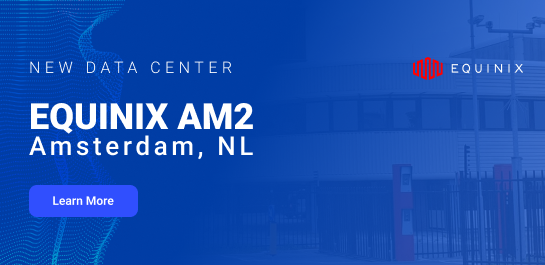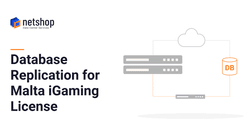The online gambling regulatory landscape in Europe is changing vastly. Since 2019, European countries like Cyprus, Ukraine, The Netherlands, Germany (and more to come) revise their regulatory framework in order to fight money laundering, strengthen the local players’ protection and, of course, to provide more attractive incentives for gambling companies that wish to apply for a license.
In 2017, the Malta Gaming Authority has published a White Paper launching a consultation process in connection with an overhaul of the current legal and regulatory framework applicable to gaming activities in Malta.
The multi-licence system which was in place until that time, was replaced with a system comprising of two different types of licenses; a B2C and a B2B licence.
MGA Technical Infrastructure Hosting Requirements
Along with the introduction of the new license types, the Malta Gaming Authority revised the hosting requirements depending of the license that an applicant holds. Today, igaming companies that hold a Malta MGA license may host their primary infrastructure in any European country as long as they maintain a database replication server in Malta.
Prior the new licensing changes introduced in 2017, cloud hosting was not accepted as a type of hosting for an igaming licensee. Companies had to lease dedicated servers or colocate their own hardware in a Maltese datacenter.
Today, cloud hosting is allowed as long as the servers are provisioned within the EU region.
As per MGA’s directions, any application proposal submitted to the Authority should include the following information:
- Details about the replicated server including physical location, rack number and IP
addresses; - Details about the connectivity to the live servers, including details of the security
protocols in place for the transmission of data; - Details on the type of data being replicated and its transmission frequency
including time lags, if any, between the processes taking place on the live servers
and the replication servers. This should provide adequate assurances of real time
replication, security, confidentiality and integrity of data. - A fully-documented procedure, allowing MGA officials immediate and unhindered
access to be able to conduct routine or ad hoc inspections on the replication
server, (both physically and electronically) as may be required.
What is Data Replication & Why Is Needed
Data replication is the process of generating copies of data in different, redundant locations for backup and fault tolerance purpose. When it comes to the online gaming licensing requirements, data replication is required by regulators so there is local copy of players activity and financial data in locally hosted servers.
Today, companies can achieve data replication using databases built-in capabilities, or use third-party tools. For example, Oracle and Microsoft SQL Databases support data replication with in-built tools, however in some MySQL database environments, IT professionals may use third-party tools to achieve real-time data replication.
Data replication comes into ways; synchronous and asynchronous.
Synchronous data replication is when there is real-time, automatic replication of data upon any changes.
In the Asynchronous mode, replication of data is initiated only when the Commit statement is passed to the Database.
Compliant Replica Database Server for Malta iGaming License
As explained previously, regardless of the location where your primary infrastructure is hosted you will need, minimum, a Cloud or Dedicated Server to be hosted in an approved Malta Datacenter to serve as replication of critical data.
As per MGA’s documentation, critical (or regulatory) data is composed of player details, financial transactions and game-play transactions.
Below you can find useful information about the different types of server hosting for MGA data replication.
1. Virtual Private Cloud Server
This is the most affordable type of hosting which also offers dynamic scalability.
Pros:
a. Cheapest option to get started
b. Deployed Instantly
c. Easy, on-the-fly Resources upgrade
Cons:
a. Hardware resources may not be dedicated to your application
b. Costly when hardware resources increase significantly (comparing with the same resources a Dedicated server may have)
Find a cheap Malta Cloud VPS Server for DB Replication >
2. Bare-metal Dedicated Server (Leased)
This is the most popular hosting option nowadays as you get to utilize the full power of the Server, without investing capital to purchase any equipment.
Pros:
a. Robust and more secure environment than a Virtual Cloud Server
b. 100% of the hardware’s resources are dedicated to the application or database
c. The higher the resources (CPU, Disk, RAM) the cheaper it is in comparison to the pricing of a Cloud server with same specifications
Cons:
a. Resources Upgrades may require downtime
b. No built-in capability for High Availability
Find your best Malta Dedicated Server for DB Replication >
3. Own Hardware Colocation
The Colocation hosting option is mostly preferred by established iGaming companies, usually by B2B Suppliers. In this case, the customer buys the hardware (servers, firewalls, network equipment) and co-locates it to the Datacenter facilities. The Hosting provider will provide Network connectivity, Power and Managed Services if needed.
Learn more about Shared Colocation or Full Rack hosting in Malta Data Centers>
